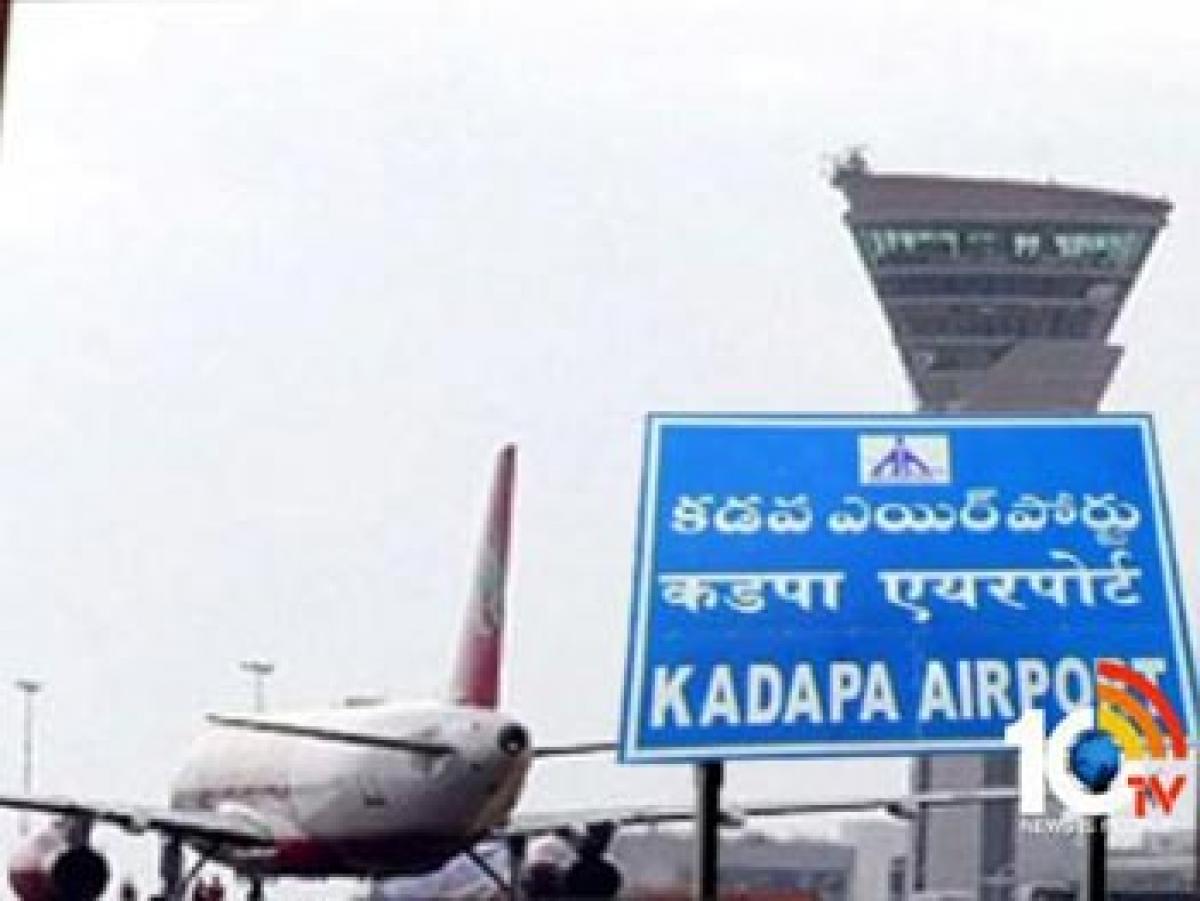Live
- War Of Words Over Kaleshwaram: Uttam accuses KTR of spreading lies
- MyVoice: Views of our readers 27th July 2024
- Trump will need a new attack plan for younger Kamala is
- Jagan claims innocence after ruining AP economy
- Kamala Harris to take the bull by the horns
- Myanmar floods displace 1,30,000; Magway region most affected
- Flashback: PM Modi's emotional encounter with wounded soldier during Kargil war
- All Party Committee Visit Pedda Vagu Bridge Construction in Ieeja Municipality
- Limited seats available for admission to Future-ready Career Programmes in NIIT University (NU)
- Women’s Asia Cup: BCCI Secretary Jay Shah pens congratulatory message to ‘finals-bound’ Team India





 New Delhi : Even as the leading carriers describe it as ‘progressive’, the draft aviation policy released on Friday, did not provide a finality on the fate of the contentious 5/20 norm that makes it mandatory for airlines to have minimum five years of flying experience and 20 aircraft to fly abroad.
New Delhi : Even as the leading carriers describe it as ‘progressive’, the draft aviation policy released on Friday, did not provide a finality on the fate of the contentious 5/20 norm that makes it mandatory for airlines to have minimum five years of flying experience and 20 aircraft to fly abroad.



